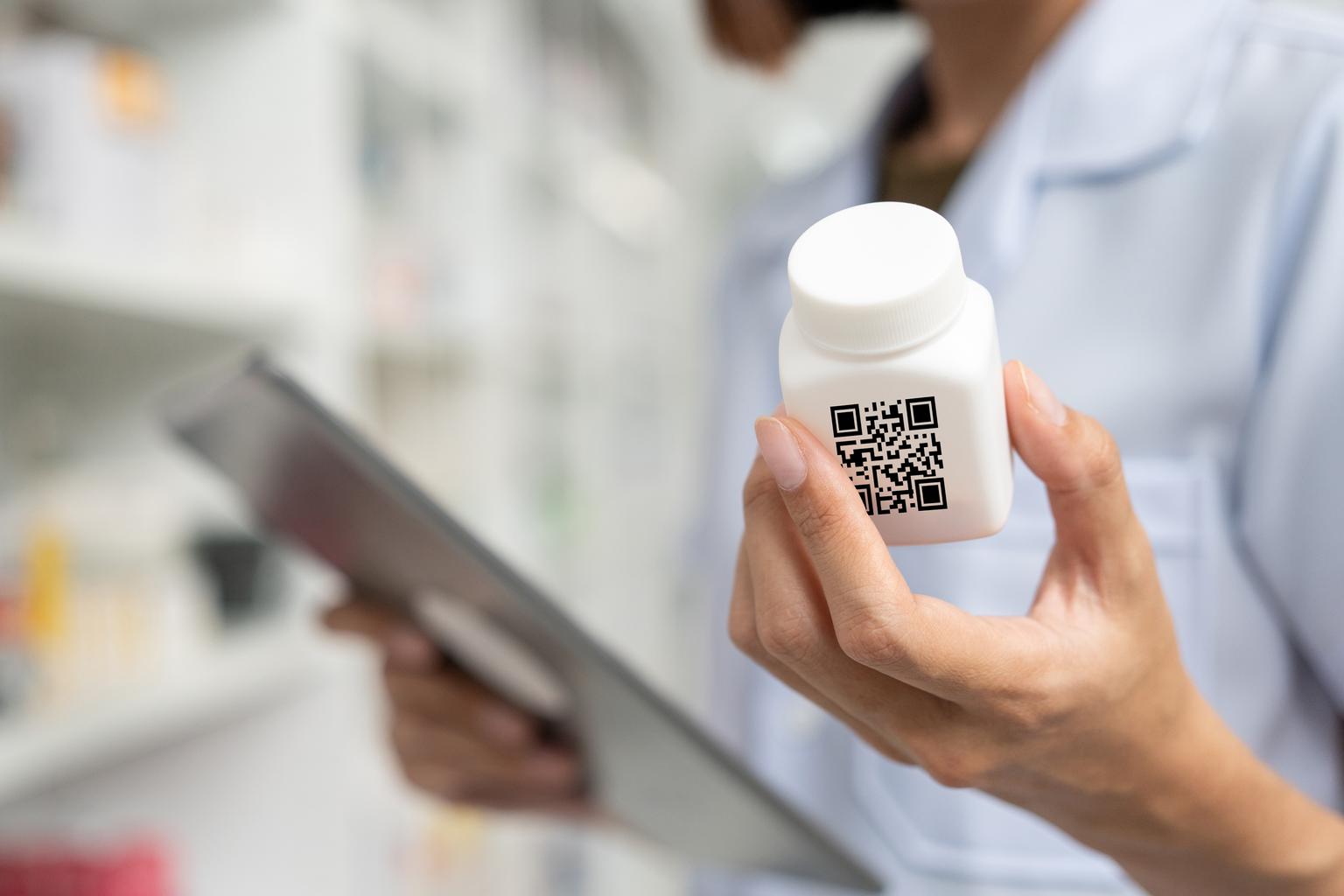Healthcare mergers and acquisitions had a banner year in 2018 with deal volume up 14.4% from 2017, and by all accounts, the volume of deals continues to remain high. Many of the participants in those deals have been pursuing new avenues for growth and ways to capture a larger share of consumers’ spending on their healthcare.
Among the most active participants? Pharmacies – both brick-and-mortar retail as well as full-service online pharmacies. Retail pharmacies, in particular, can legitimately claim a right to participate more directly in healthcare delivery. They are well-positioned to be the go-to treatment centers for managing chronic illnesses given the access they have to millions of patients all over the country. They can diversify their business models by remodeling their stores into medical service centers, providing primary care alternatives to traditional healthcare settings. In several deals, their primary partners have largely been health plans. Health plans bring to the table expertise in managing risk, relationships with consumers, and substantial capital reserves. It is too early to predict whether these combinations will deliver long-term results.
These deals – and other efforts pharmacies have underway to transition retail floor space to healthcare delivery settings – stem from pharmacies’ efforts to reduce their reliance on sales of retail goods and increase their focus on healthcare services. Take, CVS Health’s HealthHub concept, for example. CVS plans on expanding its concept store focused on healthcare to 1,500 locations by the end of 2021.
Peter A.L. Bonis, Chief Medical Officer, Clinical Effectiveness at Wolters Kluwer, Health, shared his perspectives on the future prospects of these deals and the impact to care delivery.
How do you think these combinations will play out?
Dr. Bonis: “It’s difficult to say, but we all know that the current healthcare cost structure is unsustainable and new care delivery models must evolve, creating an opportunity for alternative care settings. Retail pharmacies are well positioned to provide health consumers in their local communities with easy access to care. One advantage they possess is that they can also potentially deliver certain care services for lower costs than traditional healthcare settings.
These models will play well with rising consumerism in healthcare where cost-shifting has intensified price sensitivity and where the widespread availability of new technologies may make some interactions within traditional care delivery models seem outdated.”
Do you see any challenges for these models as they evolve?
Dr. Bonis: “Integrating chronic care into alternative care settings is easier said than done. Patients primarily receive care through hospitals and clinics. These ‘traditional’ care settings are also embarking on new delivery models that are both cost-effective and consumer-friendly. So, retail pharmacies will need to figure out how to compete while also inserting themselves into the existing care-delivery system, making transitions and communications across the continuum of care safe and effective. That’s a role they have not yet mastered.”





